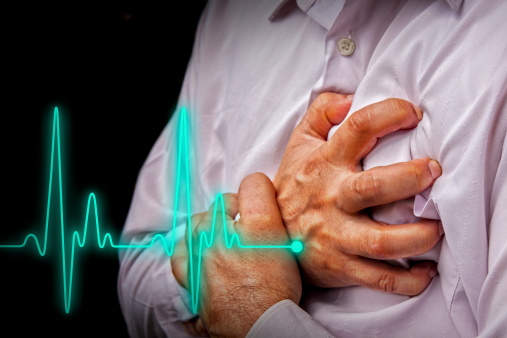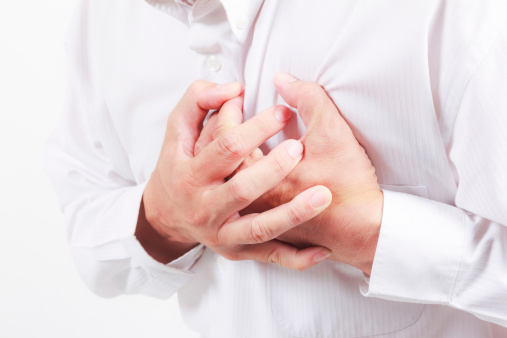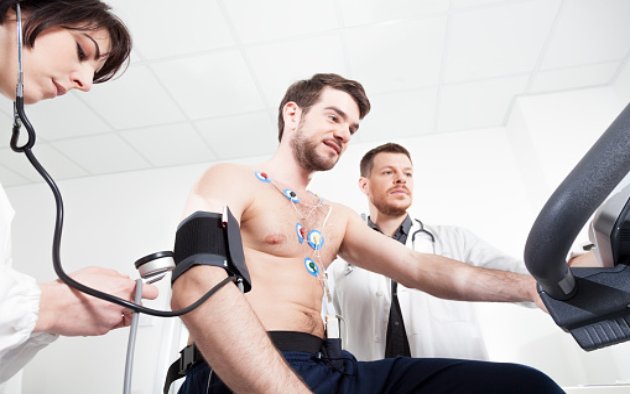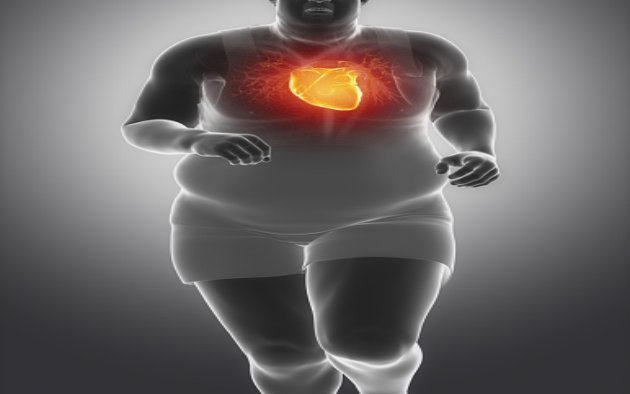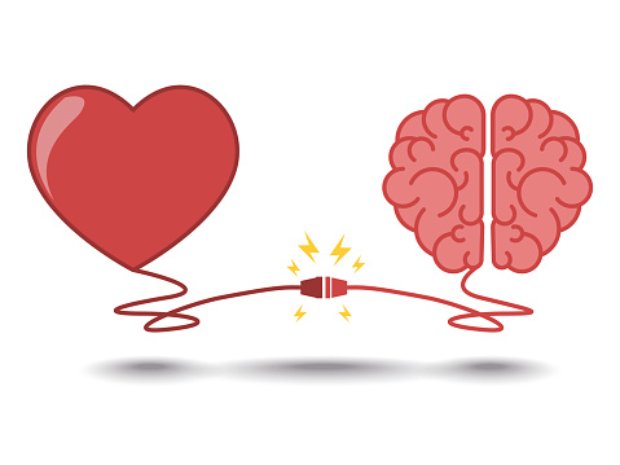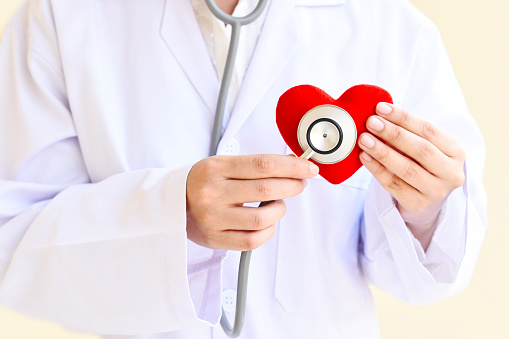Postprandial hypotension: Causes, symptoms, and treatment
Postprandial hypotension is low blood pressure after a meal. This condition can manifest itself as dizziness or lightheadedness that affects nearly one-third of older men and women. Proper digestion is accomplished when the functioning of the digestive, nervous, and circulatory systems are precisely coordinated. Extra blood is directed to the intestines and stomach. To compensate ...click here to read more


